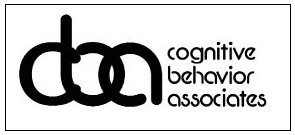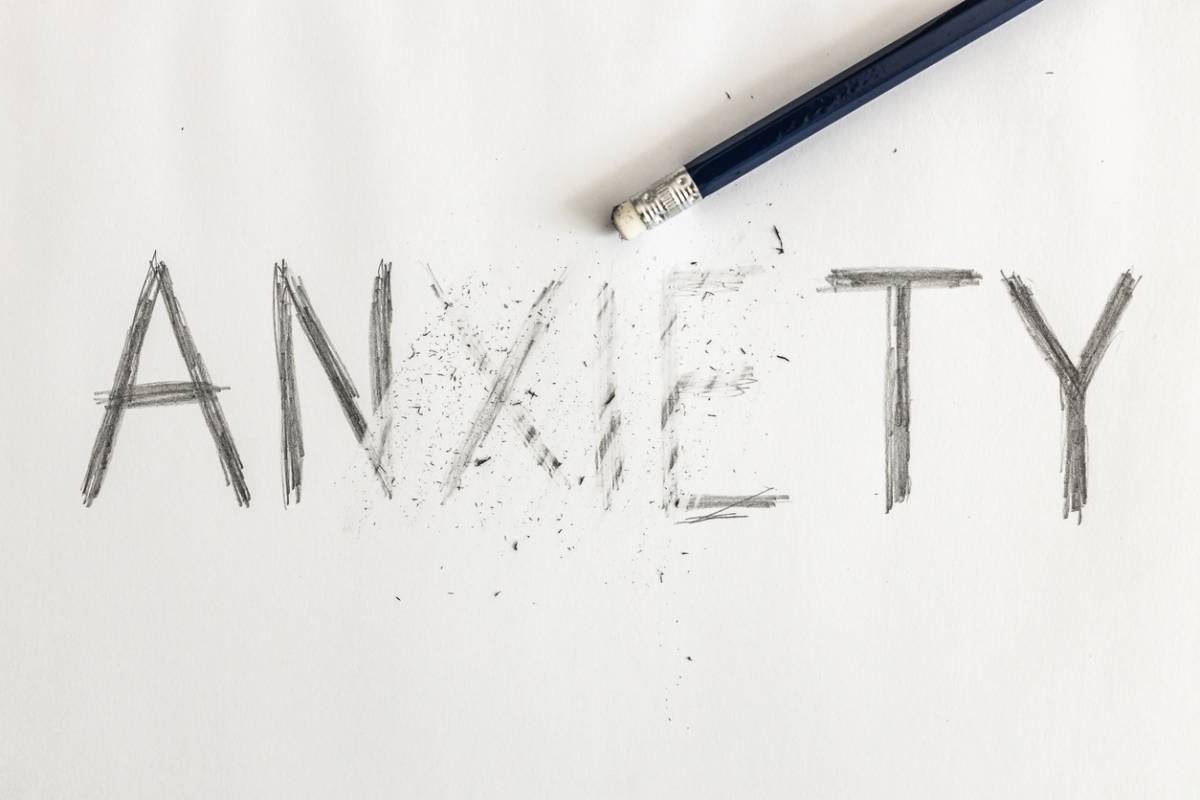Anxiety is a mental health condition that impacts millions of people across the globe. The condition can impact people of all ages and from a variety of backgrounds. Research has shown that untreated anxiety can lead to serious issues. It is linked with a reduced quality of life, professional struggles, and an increased risk of other mental health issues. This demonstrates the need for understanding and evidenced-based support. You may wonder, what treatments exist for anxiety disorders? Below you will find more information on the condition and how to get support.
What treatments exist for anxiety disorders?
Anxiety, worry, and fear are all common feelings. However, fear and worry can be temporary. It may be situational or due to a specific event. Unlike worry and fear, anxiety does not go away on its own. Treatment is necessary to effectively manage anxiety. There are two main treatments, including therapy and medication.
Therapy:
Therapy is often referred to in a number of ways. Psychotherapy, talk therapy, and therapy are all the same thing. They involve discussing your thoughts, feelings, and behaviors with a licensed professional. Cognitive behavioral therapy (CBT) is the most effective form of therapy focused on managing and treating anxiety. The treatment model looks different for everyone, but you can expect to have hour-long sessions. You may attend weekly or bi-weekly for a period of time. Your therapist can provide you with an estimate for how long treatment may take.
Medication:
For those who have severe anxiety, medication can be helpful. Severe anxiety involves disruption in your daily life, including at work or work. There are a number of medications that can provide relief.
Antidepressants and anti-anxiety medication are effective. They can provide support as you navigate treating and managing your anxiety symptoms.
Combination:
Patients often find success through therapy. However, some also combine both medication and therapy. For those who suffer from severe anxiety that impacts daily life, this can be highly beneficial. Working with a skilled therapist on your unique and customized treatment plan. This is necessary for your short- and long-term mental health.
Common Symptoms of Anxiety
Anxiety can manifest in a variety of ways. You may not understand that the issue is anxiety at first. This is why it’s important to understand the common symptoms associated with anxiety.
- Sleep-related issues
- Fast breathing or a fast heart rate
- Excessive worry or fear about daily tasks
- Moodiness or feeling down and depressed
- Rumination–excessive thinking about a bad experience over and over again
- Headaches, backaches, or other aches and pains that continue for days or weeks
- Stomach pains or changes in your bowel habits
- Feeling light-headed or dizzy, especially when you are triggered
- Nausea
- Teeth grinding, especially at night
- Sweating or hot flashes
- Constantly needing reassurance from others or worrying others are mad at you
Diagnosis and Treatment for Anxiety
If you experience any of the aforementioned symptoms, it’s advisable to contact a therapist. They can provide you with an accurate diagnosis. This is commonly done through a psychological evaluation. They can also compare your current symptoms with the criteria outlined in the DSM-5, a reputable psychiatric manual. Anxiety often comes with shame but it’s important to understand that your feelings are normal. Treatment can help you manage your anxiety and any other feelings surrounding your mental health.
Once diagnosed, a skilled therapist can create a customized generalized anxiety disorder treatment plan to meet your unique needs. The first step is contacting a therapist. The team at Cognitive Behavioral Associates are skilled in CBT and treating anxiety. As one of the largest practices in Los Angeles, we offer services based on proven treatment methods. Contact us today to schedule an appointment!

